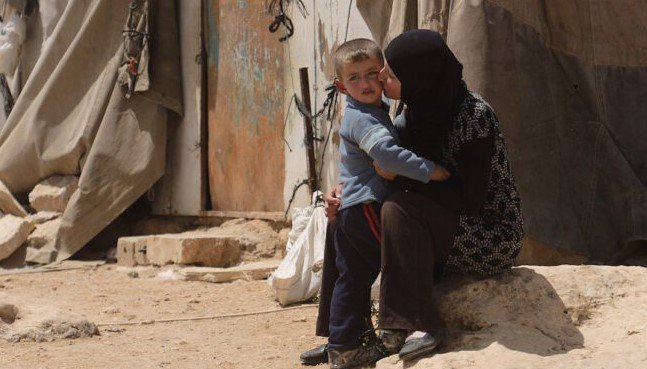Freelance reporters trapped in warzone, face hunger and danger as Israel blocks exits
Agence France-Presse is sounding the alarm. The Paris-based news agency has called on Israel to immediately allow the evacuation of its freelance journalists trapped in Gaza, where worsening conditions have left them battling starvation, exhaustion, and the daily fear of death.
“These journalists are not just covering a war—they’re living in it,” AFP said in a searing statement released Tuesday. The agency described their living situation as “appalling” and “untenable,” pleading with Israeli officials to facilitate a humanitarian evacuation.
On the Front Lines With No Way Out
For nearly 10 months, foreign media have been banned from entering Gaza. That left AFP and other outlets heavily reliant on Palestinian freelancers—reporters, photographers, videographers—risking their lives to keep the world informed.
But these freelancers aren’t just documenting devastation. They’re part of it. Most have lost their homes. Some have lost family members. And all of them are operating under what AFP bluntly calls “inhumane” conditions.
The news agency said it’s watched “helplessly” as conditions deteriorated since the Israel-Gaza conflict escalated last October. Electricity? Gone. Food? Scarce. Safe shelter? Forget it.

Hunger, Fear and Isolation
Many of AFP’s freelancers in Gaza City and the northern Strip are now surviving on flour and canned goods, relying on erratic convoys of humanitarian aid—when they come at all.
One sentence that says it all: “They’re starving while reporting on starvation.”
In recent days, some journalists have been reduced to sleeping in bombed-out buildings or moving from place to place on foot, as fuel for vehicles becomes nonexistent. Protective gear is outdated. There’s no medical care if they’re injured.
• “Their lives are in danger,” AFP emphasized in its statement.
• “Their resilience is unmatched, but they can’t carry on like this.”
• “They need to be evacuated—now.”
Israel’s Silence, Global Journalists Speak Up
So far, Israel has not responded to AFP’s call. The Israeli military tightly controls entry and exit from Gaza, including for aid workers and journalists. Foreign journalists remain barred from entering except on tightly choreographed visits with the IDF.
An association of AFP journalists—based mainly in Paris, London, and Beirut—spearheaded the latest push. They warned that their colleagues were not just at professional risk, but at risk of dying.
“The whole newsroom is deeply worried,” said one AFP video editor in Paris. “We read their dispatches and see their photos, but they’re also WhatsApping us at 3am saying, ‘I don’t know if I’ll make it.’”
A Chilling Pattern of Media Losses
The Gaza war has been the deadliest conflict for journalists in recent history.
According to the Committee to Protect Journalists (CPJ), more than 100 media workers—mostly Palestinian—have been killed since the start of the war in October 2024. Many died while reporting. Others were killed in airstrikes on their homes.
A few horrifying examples:
• In January, Al Jazeera journalist Hamza Dahdouh was killed in an Israeli drone strike.
• In March, a camera crew from a European outlet was injured during a bombing in Khan Younis.
• Just last week, a photojournalist freelancing for an international agency was buried under rubble for hours before being rescued.
There are growing fears that AFP’s freelancers may be next.
The Freelancers That Keep the World Informed
It’s hard to overstate the importance of these local reporters. Since Israel barred foreign press from Gaza, nearly every image, every quote, every dispatch you’ve seen in Western media has come from them.
They’re the eyes and ears of the world.
But they’re also unsupported in critical ways. Unlike staffers with relocation options and insurance policies, freelancers are left to fend for themselves. AFP says it’s doing what it can—offering financial aid, protective gear, and mental health support—but logistics on the ground are impossible.
“We need more than money,” one Gaza-based photographer told a colleague. “We need to live.”
A Humanitarian Test for Israel?
AFP’s plea puts the spotlight back on Israel’s tight control of Gaza’s borders. While humanitarian corridors have opened sporadically—mainly to evacuate dual nationals and the wounded—journalists have not been prioritized.
International pressure may be building. Several human rights groups have backed AFP’s appeal, warning that targeting or neglecting journalists violates global norms.
“This is about the freedom of the press,” said Amnesty International’s Israel-Palestine researcher. “But it’s also about basic decency.”
If journalists can’t safely do their jobs, truth becomes collateral damage.
